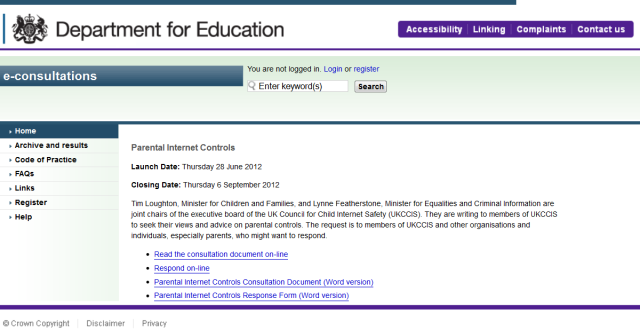
Last week I was cooped up indoors with my son.
Ben is an energetic five year-old on Easter school holidays whilst I was ill and off work. It rained most of the week meaning that there were fewer opportunities for him to get out of the house with my wife and Grace (our one year-old daughter). The temptation to let him just watch films and play on the iPad was quite high, to say the least.
Thankfully, we’ve already laid down some ground rules for him that help manage his behaviour.
1. Food
Young children can be inordinately grumpy if they’ve got low blood sugar. Actually, I’m inordinately grumpy if I have low blood sugar.
The first job for my son every morning is to eat some fruit. This is usually a banana. Given that he usually rises at around 6am, it stops him being super-grumpy before his breakfast at 7.30am.
I don’t care what anyone says about children and sugar: too much is bad for both their teeth and their mood. Ben gets that wild look in his eyes when he’s had too much. Fruit, however, contains fructose which seems to be a useful compromise.
2. Screen time
I have to admit, the notion of limiting children to a certain amount of ‘screen time’ seemed slightly ridiculous before we had Ben. But, oh my, you have no idea how more than 15-20 minutes on the iPad (or watching TV) has on his behaviour.
The rule in our house is that he’s not allowed on the iPad until after lunch. This means that at weekends and during school holidays he usually wants lunch at 9:30am!
Whilst Ben has got some games that are purely for entertainment (like Smash Cops which he got as a birthday present, or Gravity Guy and Sonic Racing), most of what he plays has a puzzle element.
His favourites?
He has periods where he’ll just focus on one game to the exclusion of the rest. And that’s fine (for 15 minutes at a time…)
3. Entertainment
Partly from necessity, partly from principle, we ask Ben to go away and play by himself every day.
We live in an age of mass entertainment when it would be easy to find him something for him to passively consume. When I was young I read books and played with cars because there was nothing more exciting to do. Now there’s a million TV channels, apps and digital distractions fighting for our attention.
Clay Shirky puts the problem well:
I remember, as a child, being bored. I grew up in a particularly boring place and so I was bored pretty frequently. But when the Internet came along it was like, “That’s it for being bored! Thank God! You’re awake at four in the morning? So are thousands of other people!”
It was only later that I realized the value of being bored was actually pretty high. Being bored is a kind of diagnostic for the gap between what you might be interested in and your current environment. But now it is an act of significant discipline to say, “I’m going to stare out the window. I’m going to schedule some time to stare out the window.” The endless gratification offered up by our devices means that the experience of reading in particular now becomes something we have to choose to do.
In a way, therefore, by insisting on analogue play (including reading and writing) we’re teaching mindfulness. It also reinforces the role of my wife and I as parents as opposed to mere babysitters/entertainers.
Are you a parent? What rules do you have in YOUR house? Do they work?
PS You’ll love Leo Babauta’s The Way of the Peaceful Parent



